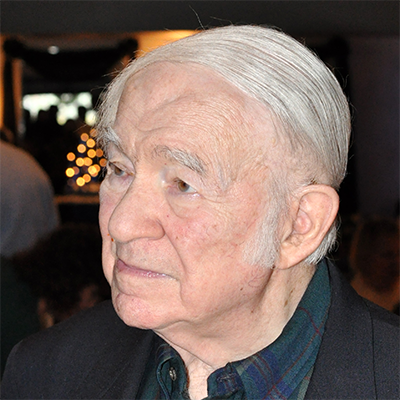 On the Silk Road
On the Silk Road
A hard scrubbing we had
on the rim of the desert.
There is no good time
for such a going.
We took the ancient route
Polo had used crossing Asia
after he left the throne
of the Golden Khan
and his soft, silk girls
washing his polished hands and feet,
dancing before him in silky swirls
in his pleasure dome.
We began by leaving Xi'an
and the Terracotta Soldiers behind,
following the Road to Dunhuang,
seeking the Magao grottoes
where the mountain face was filled
with the hand-dug caves of ancient monks,
caves painted, repainted, and sculpted
on the rock face outside
with fantastic deities leaping alive
from the chiseled stone.
We felt this was all foolery
in our sore, rattled bones
until we knelt and cried
before the big-eared Buddha
carved by Emperor Wu
out of the mountainside,
soaring a hundred some feet
through the fathoms of sky
in our awestruck eyes.
The grottoes behind,
we cameled our way
down deep ravines,
up steep, slick slopes
on stone and dirt paths
through impossible passes
in startling mountains
miles high where the sun
blinded us going up;
where hailstones big as balls
pounded us going down
to the desert's edge.
A harsh time we had of it
on the rim of the desert
in the very sweat of the summer
through the flat stretches of sand:
the camels cantankerous,
in need of hard goading;
the yurts confining, smelly,
compressing our senses;
the roasted goat tough and dry;
the yak milk close to curdling
in sun and hot sands.
We rode north on the Road,
running the risks to the Jade Gate
under incredible skies
blazing blue and flat white
with clouds like great whales
lost from the far China Sea,
billowing bigger than monsoon waves;
the climate harsh, untenable
as the camels and yurts,
among the rock-strewn ponds
silent still mirrors,
reflecting the quenchless sky.
Through it all,
our lips salted raw, burning;
our eyes straining through sunlight,
we came to the Yumen bazaar
where vendors jostled us, pushed,
desiring our yuans, tempting us
with impossible goods—
jade in giant blocks
like building stones
for the Wild Goose Pagoda;
skull caps of golden hues
still filled with ancient scalps
meditating on air;
animal skins blown big as balloons
with undrinkable water;
a hundred hands
searching our pockets
for damp yuan notes.
At the end of the day
we preferred to leave town
unnoticed, alone, riding
all night toward Urumqi,
in spite of protesting camels,
in spite of protesting bones,
in spite of impassable roads.
At dawn, asleep on our humps,
following the noses of camels
across the top of the world,
we found lamaseries scattered
everywhere, temples and mosques
intertwined in the towns,
in the countryside hills,
with hundreds of monks
robed in soft saffron
tending to Buddha along the Silk Road,
until we all felt
the presence of God in the visible world.
We had passed through the Jade Gate
at the end of the road to Urumqi,
the pathway to grace and to God,
the unpaved way to Nirvana,
some harmony, some joy
at the end of the world.
Our camels knew the road well.
They moved us on toward the end.
We passed nomads at work with their dead
at burial grounds stretching high
toward the arch of the windy sky.
There, mourners had dissected their dead,
leaving quivering pieces to lie
for giant vultures to greedily eat,
leaving only a few raw-edged bones
and an occasional skull
to spend centuries drying in sun.
The camels quickened their pace
as they raced to Kashgar,
time-out oasis on the fringe
of the western plateau,
raced on to the Sunday Bazaar
where bargains rule over the mind,
where used camel buyers
kiss teeth showing behind
the pulled-back, curled Bactrian lips;
where mare's milk is the favorite drink;
where huge flocks of dung-colored sheep
contend with the calls of caged birds;
where wet wool and frail feather meet
in a cascade of animal calls,
washing the listening ear;
where snow and sand blend
on the edges of town.
We came to the edge of the world,
forbidden to go further west.
Chinese soldiers, protruding their bellies
in the great People's Square, adamant;
the officials fussy but firm;
the embassies, silent, compliant.
Forced north to Urumqi,
we returned in our tatters
to the Heavenly State of Gansu
where hibiscus bloom
like rainbowed suns burning
the blue air, oasis-bound.
At the market in Dunhuang,
we are stunned beyond words
with the Bodhisattva
of the Red Lotus Cave,
near-deity left behind in the world
to point out the way.
Now, back in our tenures
to teach, we are changed;
never again quite the same,
never again quite at ease
among the people we knew
before traveling on the Silk Road.
Now, we look everywhere
for the thousand faces of God.








